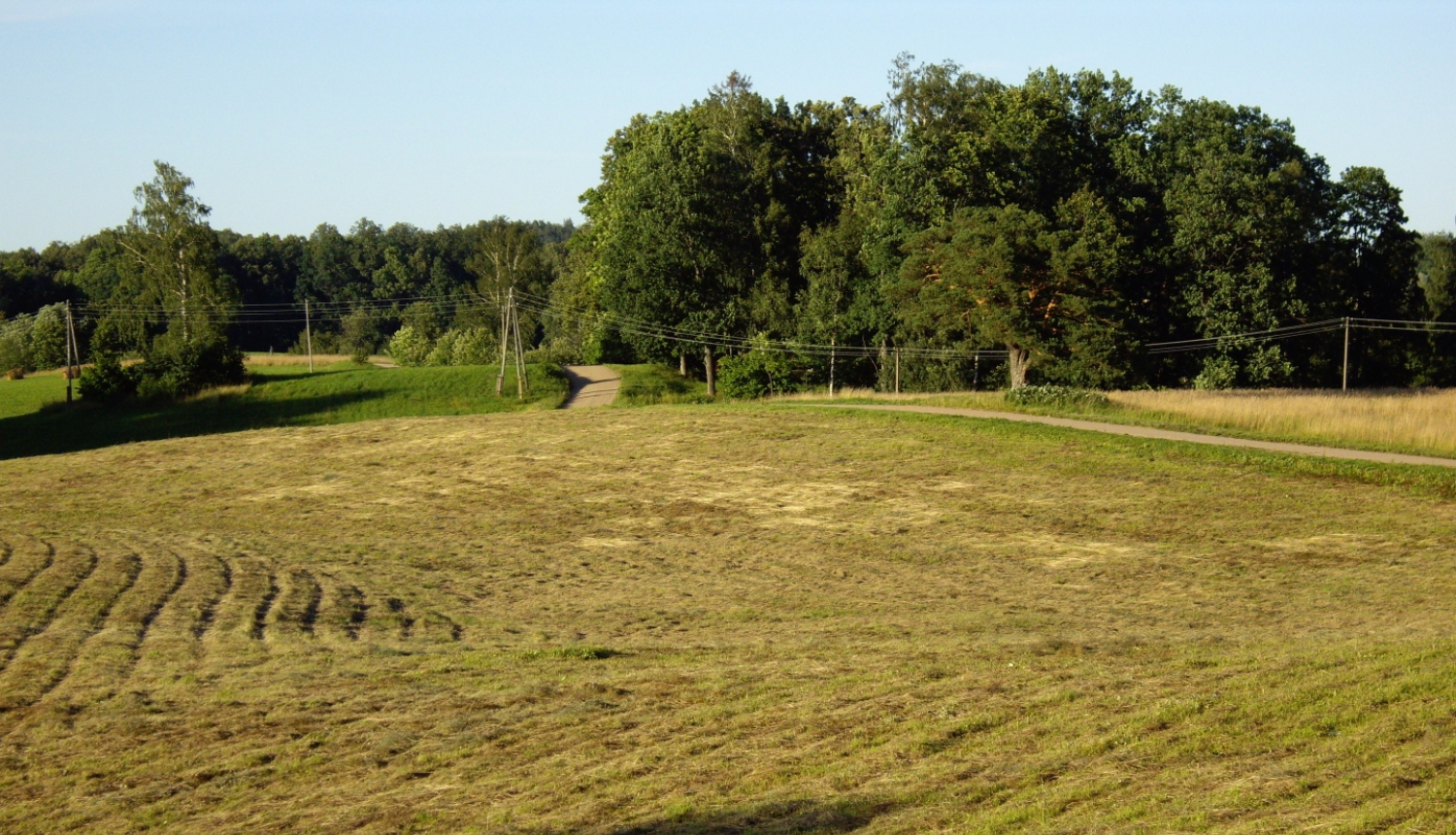In response to calls from Latvia and other Member States to simplify the administration of the EU Common Agricultural Policy (CAP), the European Commission (EC) has published proposals aimed at facilitating access to EU support for farmers and easing the implementation of the policy for managing authorities.
Given the current complexity of the EU CAP regulations, Latvia welcomes the EC's willingness to listen to the long-standing demands of farmers and Member States to introduce the necessary amendments. Among the detailed set of proposals put forward by the EC, Latvia particularly welcomes the suggestion to exempt farmers receiving payments under the Small Farmers Scheme (SFS) from mandatory conditionality standards, as well as the proposal to exempt organic farmers from several Good Agricultural and Environmental Condition (GAEC) requirements.
To ease the maintenance requirements for permanent grassland, the EC proposes to increase the permissible reduction in the ratio of permanent grassland from 5% to 10%, thereby ensuring greater flexibility for farmers when responding to structural changes in agriculture. Additionally, the EC has proposed the abolishment of the performance review approach for CAP Strategic Plans—a system that was deemed inefficient and the removal of which was actively advocated for by Latvia. The proposal to simplify the procedure for amending CAP Strategic Plans is also seen as a positive step.
In the upcoming discussions regarding the EC proposals, Latvia will highlight several concerns, including the proposal to require Member States to designate a responsible coordinating authority for data systems or to assign additional functions to an existing institution. Latvia will also oppose any EC proposals that would require additional national co-financing or for which available EU funding is insufficient, necessitating a revision of the financial allocation within the CAP Strategic Plan.
Latvia believes it is essential that the EC takes into account the diverse experiences of Member States and ensures that measures aimed at reducing bureaucracy are implemented within existing operational structures, without increasing the administrative burden.
Further detailed discussions on the EC’s published proposals will take place during the meeting of the EU Agriculture and Fisheries Council next week. The aim is to reach an agreement at the EU level so that the new measures can enter into force starting January 2026.



